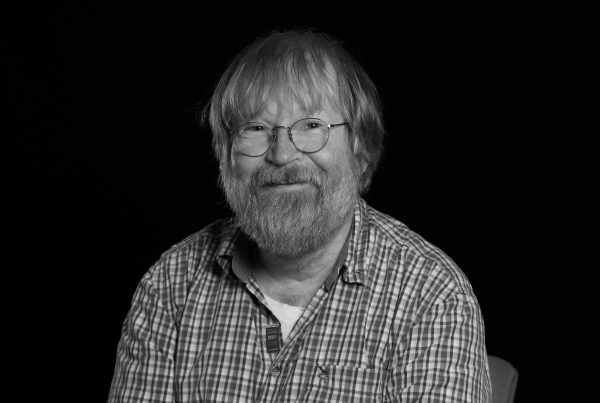Research interests
Living cells are internally highly organized, yet also very dynamic. How is dynamic order generated? The cytoskeleton plays a critical role in this process by forming an active filament network that provides a mechanically stable coordinate system for the internal organization of cells. The Surrey lab studies the properties of the microtubule cytoskeleton with a particular interest in its ability to organize itself into different networks in different cell types or at different times of a cell's life cycle. The Surrey lab has pioneered several biochemical in vitro reconstitution approaches in which minimal cytoskeletal subsystems can be generated from purified components. Observing the behaviour of these reconstituted systems by advanced fluorescence microscopy provides insight into the molecular mechanisms underlying cytoskeleton dynamics and function. Our goal is to uncover the design principles governing active biological network organization which is essential for cell function.
